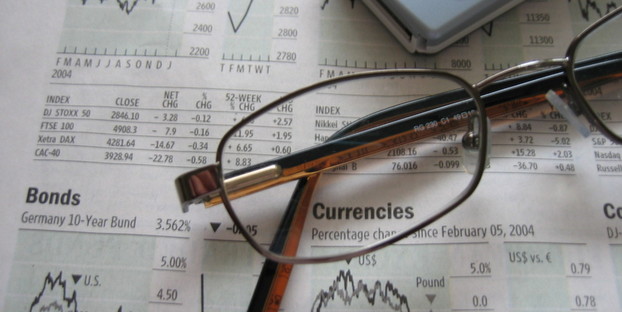
Full disclosure: This news likely has little impact on anything involving AB InBev’s (aka Beer Voltron) quest for global dominance, and this is also confusing financial mumbo jumbo, but we couldn’t pass on a story about Beer Voltron being downgraded in some fashion. So here it is:
Fitch Ratings has downgraded Anheuser-Busch InBev’s (ABI) Long-Term Foreign and Local Currency Issuer Default Ratings (IDRs) and senior unsecured ratings to ‘BBB+’ from ‘A’ and its Short-Term IDR to ‘F2’ from ‘F1’. The ratings remain on Rating Watch Negative (RWN) pending completion of the planned acquisition of SABMiller plc.
The two-notch downgrade of ABI’s long-term ratings reflects Fitch’s view that the company’s stand-alone credit profile (ahead of the agreed acquisition of SABMiller plc) is no longer consistent with an ‘A’ rating as a result of contracting free cash-flow generation and a step increase in leverage. Beer Voltron’s credit metrics have been affected by large shareholder distributions and adverse currency movements. While ABI retains ways to mitigate a sustained period of currency weakness, Fitch does not foresee any recovery in leverage over the medium term in the absence of a reduction in shareholder distributions or other cash preservation measures.
ABI’s ‘BBB+’ IDR continues to reflect the company’s important advantages in terms of costs and financial flexibility from its geographic diversification and superior scale and operating profit margin relative to peers.
RELATED: Winter is coming for the beer distribution industry
Ratings Watch pending ABI-SABMiller combination
Ratings remain on Rating Watch Negative (RWN) pending completion of the agreed merger with industry number two SABM. ABI and SABM’s boards have agreed to the full Beer Voltron transaction, but several anti-trust regulatory approvals, including those in Europe, are still pending. ABI will acquire SABM with a combination of debt (approximately $65 billion) and equity (about 42 percent of the price) but has already agreed approximately $16.5 billion in divestments. ABI management expects completion to take place in the second half of 2016.
Fitch expects to either affirm the current ‘BBB+’ or downgrade ABI’s rating to the mid- or low- ‘BBB’ category based on post-merger leverage and the new company’s financial policy, especially in regard to the pace of deleveraging. FFO-based net leverage increasing to and remaining closer to the 6.0x level, which could drive the rating to the lower end of the ‘BBB’ scale.
Key ratings drivers
Profitable markets face challenges
Beer Voltron’s profits are heavily concentrated in just three markets — the U.S. (32 percent of 2015 EBITDA), Brazil (26 percent) and Mexico (13 percent). These countries account for the largest profit pools in the beer industry and where ABI has leading positions with market shares varying between 46 and 68 percent. This has enabled ABI to boast a record industry EBITDA margin of above 40 percent, consistent with a higher rating.
However, the company is now facing challenges from rising consumption of craft beers and high competition in the United States. In Brazil and some Latin American countries it faces economic recession and foreign exchange volatility. Mexico continues to perform well.
Volumes and profit decline
ABI’s 2015 results confirmed that beer markets remain challenging in most of the world, with slower volume growth in many large developing markets. Adverse currency movements have overturned positive organic growth and led to a 9.3 percent reported contraction of EBITDA in the year. In addition to the translational foreign exchange impact, ABI’s profit suffered from negative transactional impact.
“Longer term, we expect ABI’s profit growth to remain underpinned by favorable socio-demographics for beer consumption in the developing world and its product mix in Latin America and Asia,” Fitch noted. “However, we expect pricing power will be tested in many markets depending on economic conditions”
No more free cash flow
Fitch projects recurring free cash flow (FCF) to become negative this year after having declined to $1.4 billion in 2015 from $6.3 billion in 2012.
The 2015 result was mainly due to the doubling of dividend distributions since 2013 to $6.4 billion in 2015, as well as declining profits. ABI has historically been able to extract cash flow from working capital (about $800 million annually over 2012-2014). The figure was larger in 2015 ($1.8 billion) thanks to delayed payments for capex. FCF was actually negative in 2015 when working capital inflows are excluded.
Leverage moving up
ABI’s net FFO-based leverage increased to 3.7x in 2015 from 3.2x to 3.5x over 2012-2014. Fitch forecasts a further step change by approximately 0.6x to around the low-to-mid 4.0x over the 2016-2019 rating case horizon as a result of the weak prospects for profit growth and expected negative FCF. Such leverage is aligned with a weak ‘BBB’ rating.
Large dividends prevent deleveraging
Barring major reversals in exchange rates movements, only meaningful cash preservation actions, such as additional major asset divestments or a substantial reduction in dividend distributions, would enable ABI to deleverage significantly, both on a stand-alone and on a combined basis with SABM.
ABI demonstrated, following the $59 billion acquisition of Anheuser Busch in 2008 that it was prepared to reduce dividends for the three years following the transaction. Its 2.0x target net debt/EBITDA was temporarily reached in 2012. However, since the announcement of the SABM transaction, management has reiterated its current financial policy in terms of shareholder remuneration and has not signaled plans to reduce dividends.
“We project that on a stand-alone basis, ABI’s pre-dividend FCF will equal on average $4.5 billion to $7 billion over 2016-2019,” Fitch noted. “If dividends were cut to zero, it could enable a deleveraging of approximately 0.5x per annum. For the combined company, annual pre-dividend FCF should be equal on average to $8.5 billion. This would enable a similar annual deleveraging benefit in the event of full temporary cancellation of dividends and ABI would reach an FFO-based net leverage in the low 4.0x in 2019. The optimal capital structure that management targets of 2.0x net debt/EBITDA would therefore only be achieved over a longer timeframe.”
(Got all that? Um, yea … us too.)
Leading global player
ABI’s ratings continue to benefit from its superior size and leadership in the global beer industry, benefiting from a broad portfolio of local and global brands, sold across all pricing points, as well as strong routes to market and highly effective cost management. ABI’s operations are balanced across profitable, relatively stable mature markets and emerging markets with longer-term growth perspectives.
Fitch’s expectations are based on the agency’s internally produced, conservative rating case forecasts. They do not represent the forecasts of rated issuers individually or in aggregate.
Key Fitch forecasts are based on ABI on a standalone basis. They do not include the completion of the merger with SABMiller but factors all the imminent costs associated with the deal process (interest on the funds attracted for deal financing and a USD3bn break payment to SABMiller).
Rating sensitivties
Positive: A positive rating action is currently not envisaged. If the SABMiller transaction does not proceed, it will likely lead to ABI’s ratings being affirmed. The following future developments may however, individually or collectively, lead to positive rating action:
- FFO lease-adjusted net leverage sustainably below 4x (fully consolidating AmBev, after adjustment for cash held at AmBev) or lease adjusted net debt to EBITDAR below 3x.
- Recovery to positive FCF with FCF margin trending toward 5 percent on a sustainable basis driven by, among other things, a more conservative shareholder remuneration policy.
Negative: Future developments that may, individually or collectively, lead to a negative rating action include the following:
- Further deterioration of credit metrics on a standalone basis. This could include FFO-adjusted net leverage trending towards 5x or lease-adjusted net debt to EBITDAR of above 4x, together with FCF remaining constantly negative.

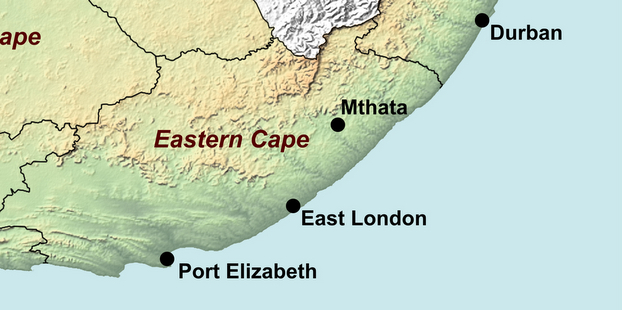
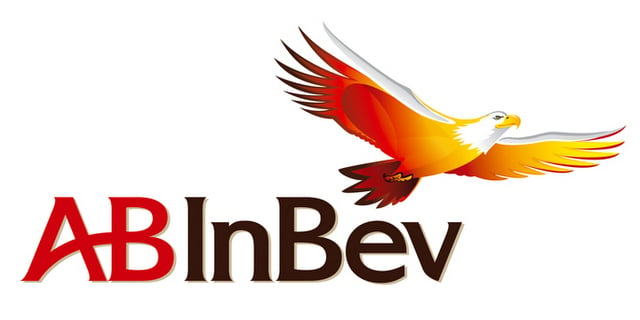
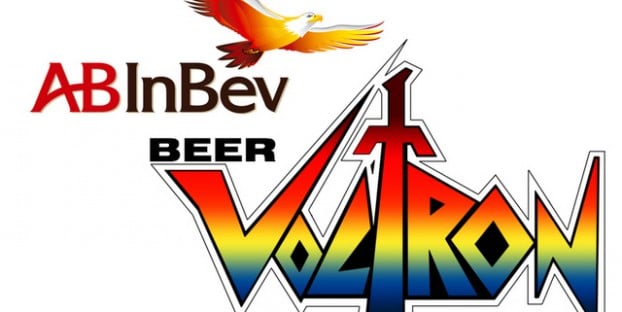
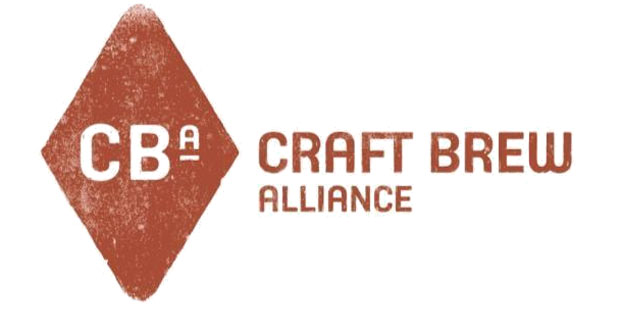
Serge Lubomudrov liked this on Facebook.
RT @CraftBrewingBiz: AB InBev downgraded two notches by Fitch Ratings (craft beer cited as challenge). https://t.co/soaW6snJyQ
CRAFT BIZ: ABInBev Downgraded 2 Notches by Fitch – #CraftBeer Challenge Sited. https://t.co/OesbrXeG65
Jon Bolie liked this on Facebook.
Justin Barton liked this on Facebook.
Joe Alfeo liked this on Facebook.
Joshua Lamb liked this on Facebook.
AB InBev downgraded two notches by Fitch Ratings https://t.co/Eme28dKEUS via @craftbrewingbiz
Scott Richards liked this on Facebook.
Hannah Kivi liked this on Facebook.
AB InBev downgraded two notches by Fitch Ratings https://t.co/BQMvMWjTpF
Beth Demmon Ivey liked this on Facebook.
#CraftBeer #CraftBrewing #Beer #BeerBiz AB InBev downgraded two notches by Fitch Ratings (craft beer cited as c… https://t.co/M16kCxFaYJ
RT @CraftBrewingBiz: AB InBev downgraded two notches by Fitch Ratings (craft beer cited as challenge). https://t.co/soaW6snJyQ
RT @CraftBrewingBiz: AB InBev downgraded two notches by Fitch Ratings (craft beer cited as challenge). https://t.co/soaW6snJyQ